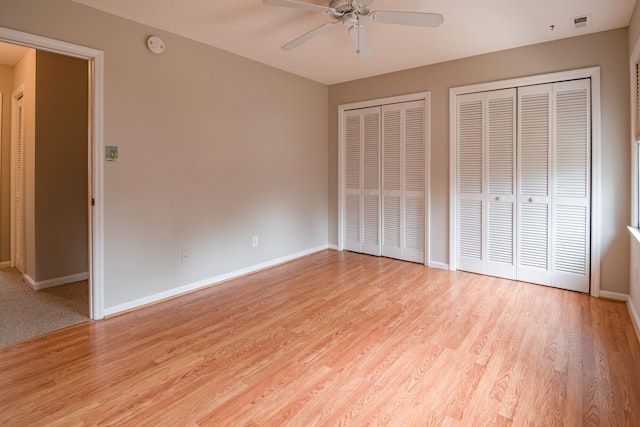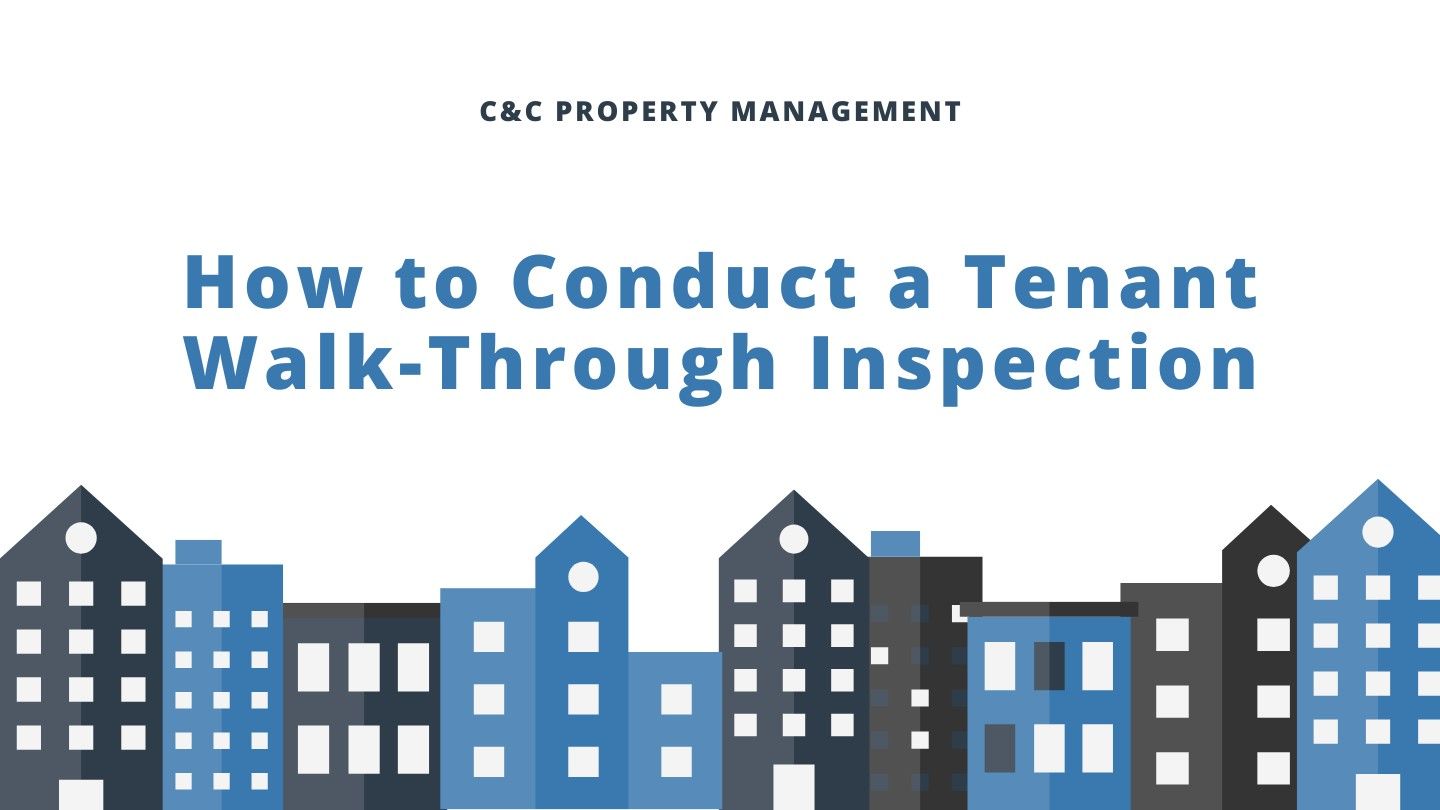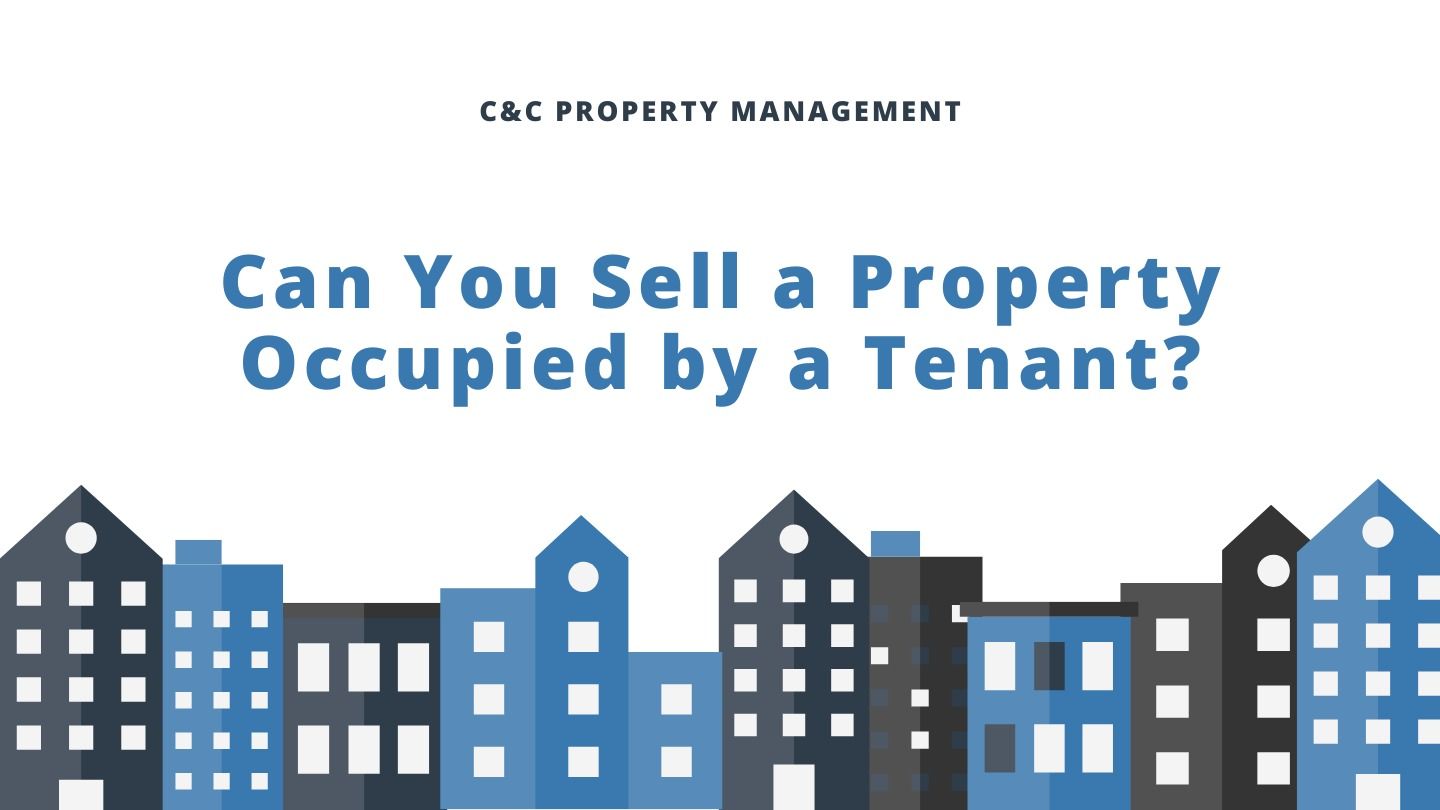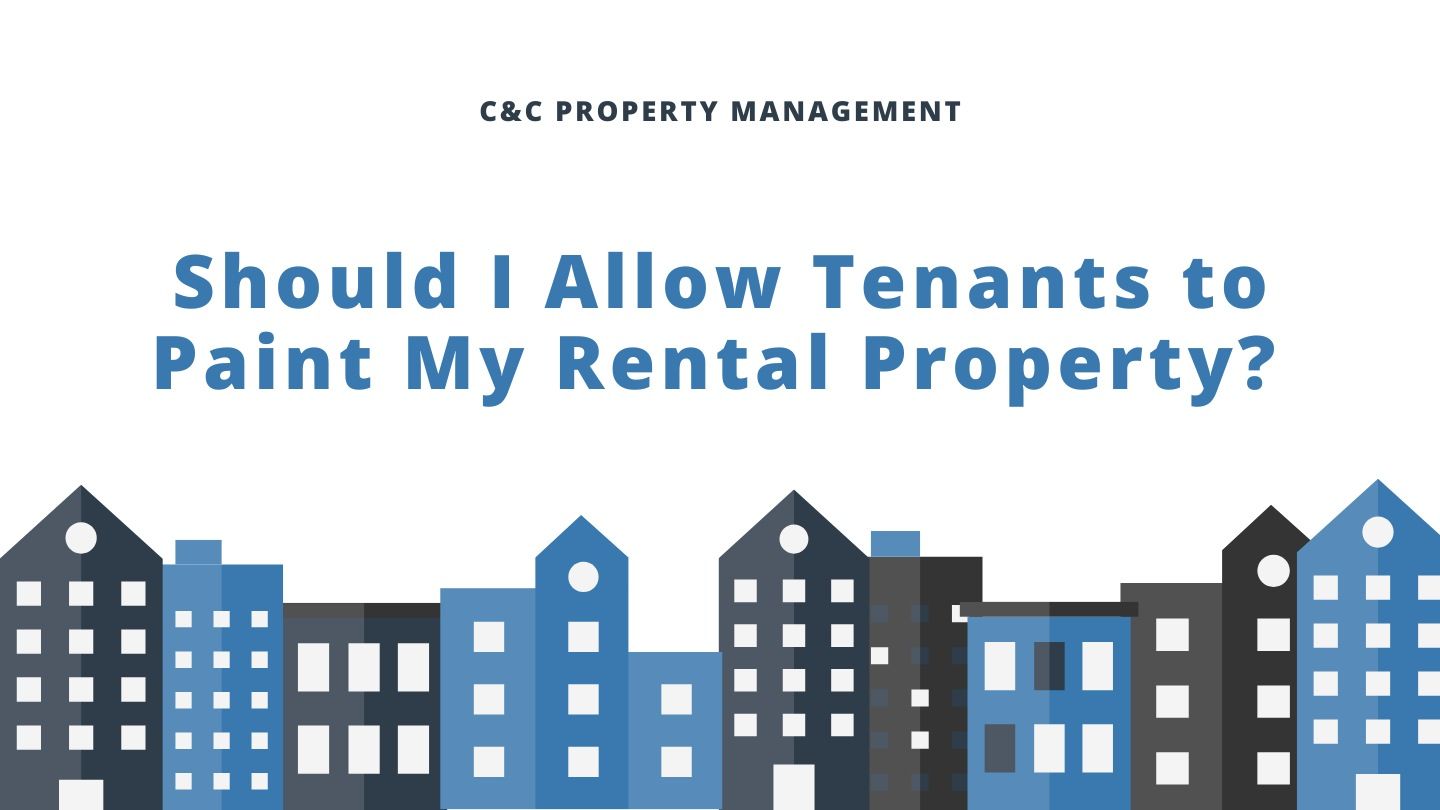Should I Rent My House Furnished?
As a rental property owner, one of the crucial decisions you'll face is whether to rent your house furnished or unfurnished. This choice not only affects your rental’s marketability and potential income but also how you manage the property.
Renting a house furnished can appeal to specific tenant demographics, however, it also carries its own set of challenges and expenses. Below, we'll explore the considerations you need to take into account before making a decision.
Understanding the Market Demand
Before deciding to furnish your rental property, it’s vital to understand the local rental market and tenant needs. Furnished rentals often attract short-term tenants. For instance, cities with an influx of expatriates, corporate workers, or a large university might show stronger demand for furnished rentals. The key is to analyze local market trends and understand who is looking for rentals and what they are looking for.
Advantages of Renting Furnished
The following are some benefits to renting out a furnished property:
- Higher Rent Premiums: You can charge a premium for the convenience and amenities you provide, potentially increasing your monthly revenue.
- Shorter Vacancy Periods: In the right market, furnished houses can attract tenants faster due to the convenience factor, especially in areas with high demand for temporary housing.
- Tax Benefits: You might be able to claim depreciation on furniture and appliances, alongside other potential tax deductions.
- Flexibility for Short-Term Leases: Furnished properties are ideal for short-term leases, which can be beneficial if you prefer to keep lease options flexible.

Disadvantages of Renting Furnished
Here are some drawbacks that come with renting out furnished units:
- Higher Upfront Costs: The initial cost of furnishing your property can be significant. You'll need to invest in furniture, appliances, décor, and possibly linens and kitchenware.
- Maintenance and Replacement: Furniture and appliances may require more frequent replacement or repair, adding to your ongoing maintenance costs.
- Narrower Tenant Pool: While you can charge more for a furnished rental, the market for such properties is typically smaller. This could potentially lead to longer vacancy periods.
- Liability Issues: There’s an increased risk of damage to the furnishings, which might lead to more disputes over security deposits or a more frequent need for inspections.
When to Consider Furnishing Your Rental
Here are considerations to make when looking to rent out furnished units:
- Demand: If your property is located in a high-demand area for short-term rentals, such as near a business district, entertainment areas, or a university, furnishing your rental can be particularly profitable.
- Seasonality: Properties in vacation destinations can benefit greatly from being furnished, catering to the seasonal influx of short-term vacationers.
- Economics: In a booming housing market where competition is fierce, offering a furnished option might give you a competitive edge.
- Tenant Preferences: Conduct surveys or talk to local real estate agents to gauge if tenants in your area prefer furnished options.

When to Consider Renting Out Unfurnished Properties
Renting your property unfurnished can also be a strategic choice. Understanding when to opt for an unfurnished rental is key. Consider the following when making a decision:
- Long-Term Tenancies: Unfurnished rentals typically attract long-term tenants who prefer to make the property feel more like a home.
- Lower Maintenance Costs: Without the need to maintain or replace furniture, your ongoing maintenance costs can be reduced.
- Broader Tenant Market: Offering unfurnished residential rental properties opens you up to a larger pool of potential tenants who are looking to settle in an area long-term.
- Less Initial Investment: You avoid the initial capital outlay required to furnish the property, making it easier and more cost-effective to get your rental on the market.
Advantages of Unfurnished Rentals
The following are advantages that come with renting out unfurnished properties:
- Stability of Tenancy: Tenants who bring their own furniture are often planning to stay longer, which can mean more consistent rental income and lower turnover costs.
- Reduced Hassle and Cost: You save on the costs and effort of furnishing and updating the interior décor, which can also reduce disputes over damages to furnishings.
- Flexibility for Tenants: Unfurnished rentals allow tenants to personalize their living space fully.

Disadvantages of Unfurnished Rentals
Here are some downsides to owning unfinished properties:
- Potential for Longer Vacancy Periods: It might take longer to find a tenant for an unfurnished rental, especially in markets where furnished rentals are in high demand.
- Lower Rent Potential: Unfurnished rentals typically command lower rent prices compared to furnished ones.
- Less Appeal to Certain Demographics: Tenants looking for short-term or hassle-free solutions may bypass an unfurnished rental for one that offers the immediate livability of a furnished space.
Leveraging Professional Property Management
Choosing whether to furnish your rental property involves strategic financial and market analysis. This is where a professional property management company can be invaluable. Here’s how they can help:
- Market Analysis: They can provide detailed insights into local market trends and tenant demographics to help you make an informed decision.
- Optimizing Rental Rates: Property managers can set competitive rental prices, whether for short-term or long-term leases, ensuring you maximize your return on investment.
- Strategic Advice: They can offer advice on the kind of furniture that appeals to potential tenants or suggest when it’s time to replace furnishings to keep the property attractive.
- Handling Day-to-Day Operations: From marketing your rental and screening tenants to managing maintenance issues and ensuring compliance with housing regulations, property managers handle it all.
Bottom Line
Deciding to rent your house furnished requires careful consideration of your local market, tenant needs, and financial goals. While it can offer higher profits and shorter vacancy periods in the right circumstances, it also demands more management and upfront investment. Partnering with a professional property management company can help you make the right choice. Contact C&C Property Management if you need help managing your rental properties!








